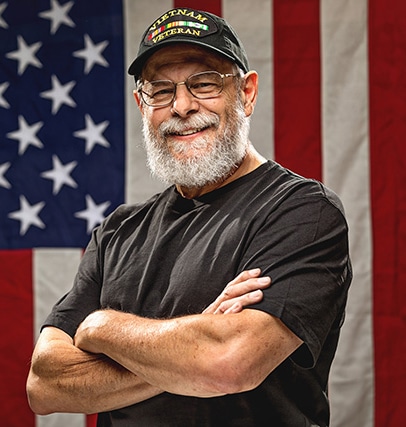Leaving No Veteran Behind
Florida is home to many veterans who have served honorably but now face challenges in incarceration and reentry. This report examines the systemic issues affecting justice-involved veterans and outlines practical solutions to ensure no veteran is left behind.
Key Insights
Veteran Incarceration Challenges
- Population in Prisons: Veterans make up approximately 5% of Florida’s prison population, though the real number may be higher.
- Age and Sentencing: Over 72% of incarcerated veterans are over 50, and nearly 58% are serving sentences exceeding 20 years.
- Health Issues: Veterans face high rates of PTSD (29%) and traumatic brain injuries (5–35%), often linked to substance abuse and violence.
Systemic Gaps
- Lack of comprehensive veteran identification in prisons.
- Limited access to trauma-informed mental health care.
- Few programs target veteran-specific reentry support.
Proposed Solutions
- Enhanced Identification and Data Sharing
- Mandate the use of the Veteran Re-entry Search Service (VRSS) to connect veterans with benefits.
- Publish veteran-specific data in Department of Corrections reports.
- Veteran-Specific Programs
- Fund evidence-based pilots for veterans housing units and trauma-informed mental health care.
- Create a “Veterans Reentry Roadmap” to provide tailored guidance.
- Support for Elderly Veterans
- Implement home confinement programs for elderly veterans to reduce costs and connect them with federal benefits.
Impactful Programs
Evidence-based strategies, like the Veterans Moving Forward program, reduce recidivism and improve reentry outcomes, proving the value of veteran-specific interventions.

